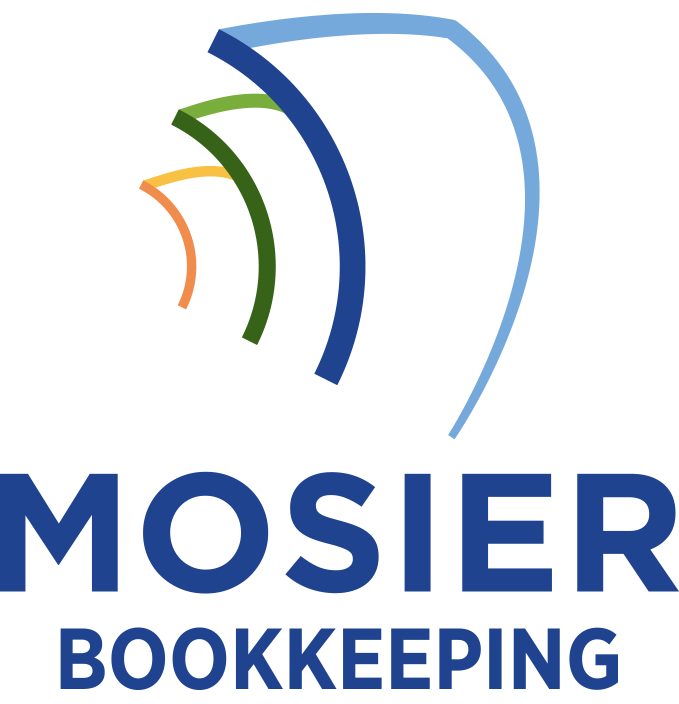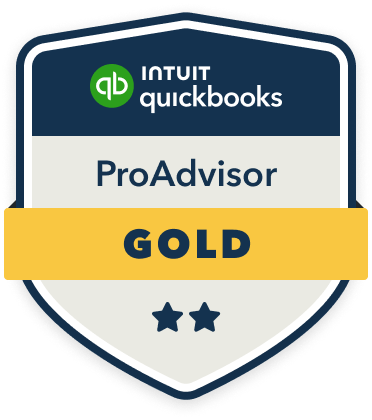To guarantee service industry compliance through bookkeeping, I’ll help you implement a systematic approach to documentation. Start by maintaining detailed records of payroll, tips, and employee certifications. Track all service contracts, liability waivers, and client agreements while documenting revenue streams through categorized statements. Keep meticulous files of licenses, permits, and insurance policies. Establish an audit-ready digital system that automates regulatory monitoring. My extensive compliance strategy extends far beyond these foundational elements.
Essential Bookkeeping Records for Service Industry Compliance

Meticulous record-keeping forms the foundation of service industry compliance. I maintain thorough payroll records, time sheets, and employee certifications to meet labor regulations. My documentation includes detailed service contracts, liability waivers, and client agreements that protect my business interests.
I track revenue streams through categorized income statements, expense reports, and tax documentation. My system captures every transaction, from service delivery confirmations to vendor payments. I guarantee proper storage of licensing documentation, insurance policies, and regulatory permits. These critical records provide the evidence I need to demonstrate compliance during audits and protect my service operation’s legal standing.
Documenting Employee Wages, Tips, and Labor Standards
Building on our record-keeping practices, I focus specifically on employee compensation documentation to meet Department of Labor requirements. I maintain detailed records of hourly wages, overtime calculations, and tip declarations using automated payroll systems. I document each employee’s regular and overtime hours, ensuring compliance with minimum wage laws and proper overtime compensation at 1.5 times regular pay.
For tip documentation, I record declared tips daily, monitor tip credit applications, and verify that tipped employees earn at least minimum wage when combining base pay and tips. I preserve these records for four years to protect against potential audits or wage disputes.
Tracking Service-Specific Licenses and Certifications
While maintaining proper documentation for labor standards, I must also implement robust systems for tracking industry-specific licenses and certifications. I track expiration dates, renewal requirements, and compliance status through specialized software that automates alerts and maintains digital copies of credentials.
I establish clear protocols for storing professional licenses, health permits, food handling certificates, and other industry-mandated documentation. My system includes verification processes to guarantee authenticity, regular audits to catch discrepancies, and secure backup procedures. I maintain separate digital folders for each employee and service category, enabling prompt access during regulatory inspections.
Managing Tax Requirements and Financial Reporting
Service industry tax compliance demands rigorous attention to multiple filing schedules, varying tax rates, and jurisdiction-specific requirements. I’ll help you master your tax and financial reporting obligations through strategic bookkeeping practices.
I recommend implementing a digital tax calendar that tracks filing deadlines across local, state, and federal levels. You’ll need to maintain separate ledgers for different tax categories: sales tax, payroll tax, and income tax. I guarantee compliance by reconciling these accounts monthly and documenting all service transactions with proper tax codes.
For financial reporting, I’ve found that categorizing revenue streams by service type strengthens audit readiness and simplifies tax preparation.
Creating an Audit-Ready Documentation System

A robust documentation system forms the foundation of audit preparedness in service industry bookkeeping. I’ll show you how to establish a system that guarantees you control during any audit scenario.
Start by implementing a hierarchical filing structure that separates core financial documents, tax records, and regulatory compliance materials. I recommend digitizing all records with consistent naming conventions and maintaining encrypted backups. Create detailed audit trails for every transaction, including supporting documentation, approvals, and reconciliation records.
Track document retention periods and establish automated alerts for required updates. This systematic approach certifies you’ll command any audit situation with precision and confidence.
Digital Tools and Software for Compliance Tracking
Three essential digital tools form the backbone of modern compliance tracking in service industry bookkeeping. I rely on cloud-based accounting platforms to automate regulatory reporting and real-time compliance monitoring. I’ve integrated document management systems that maintain digital audit trails and enforce retention policies. I deploy specialized compliance software that alerts me to deadline requirements and regulation changes.
These tools give me complete control over my compliance operations. I can instantly generate reports, track employee certifications, and monitor service delivery standards. By leveraging these digital solutions, I maintain regulatory adherence while reducing manual oversight and human error risks.









